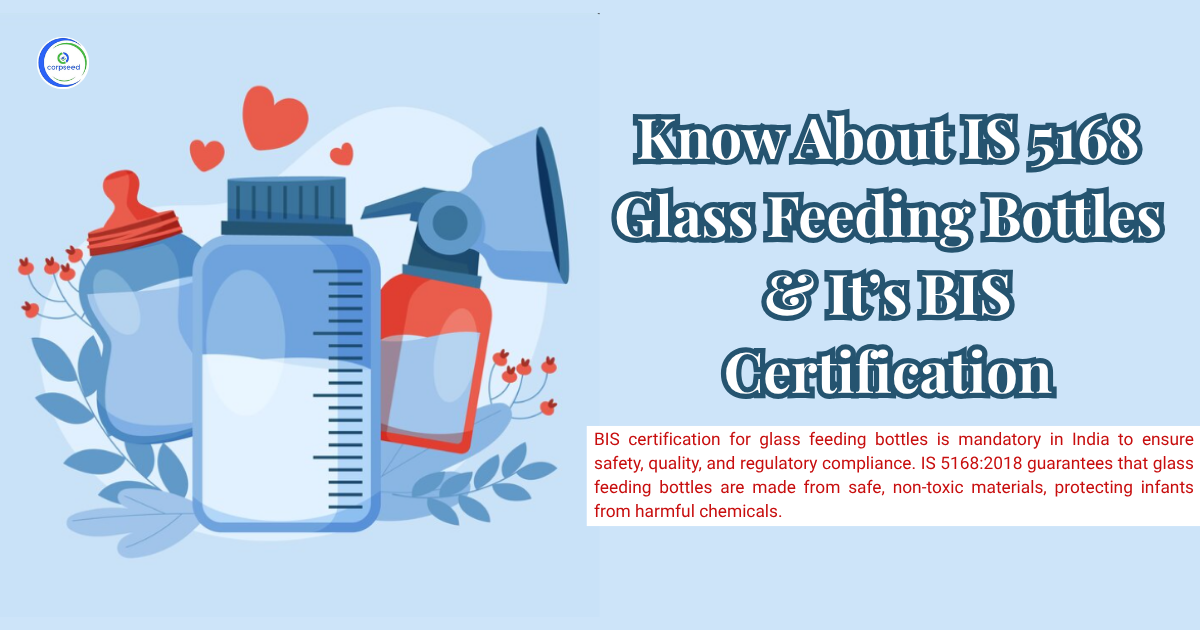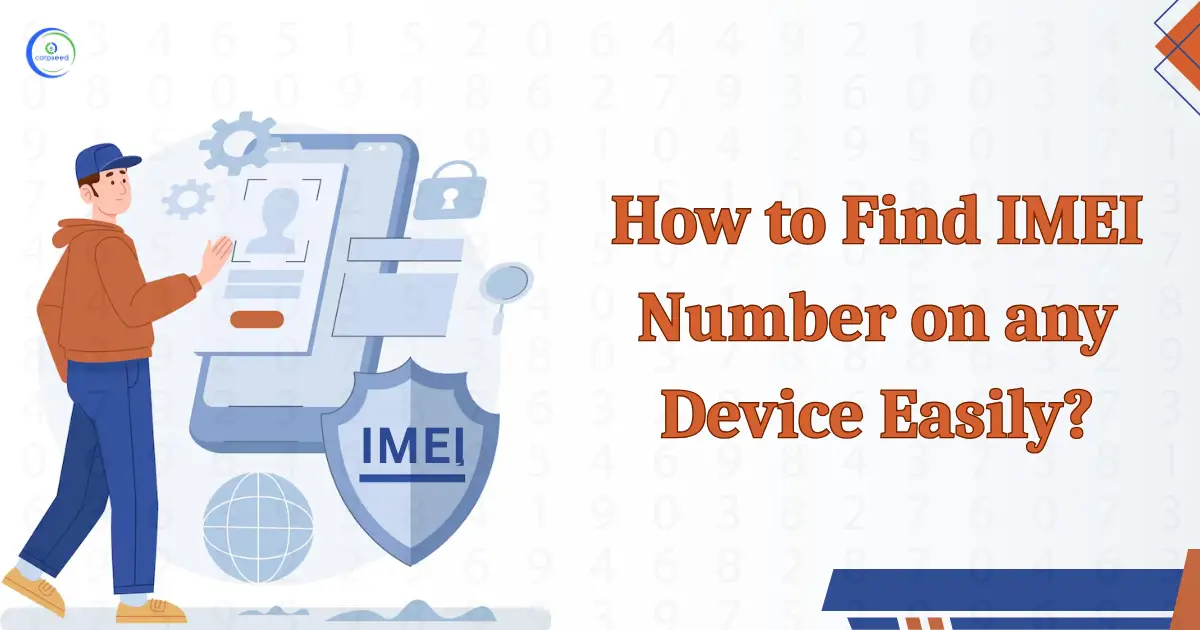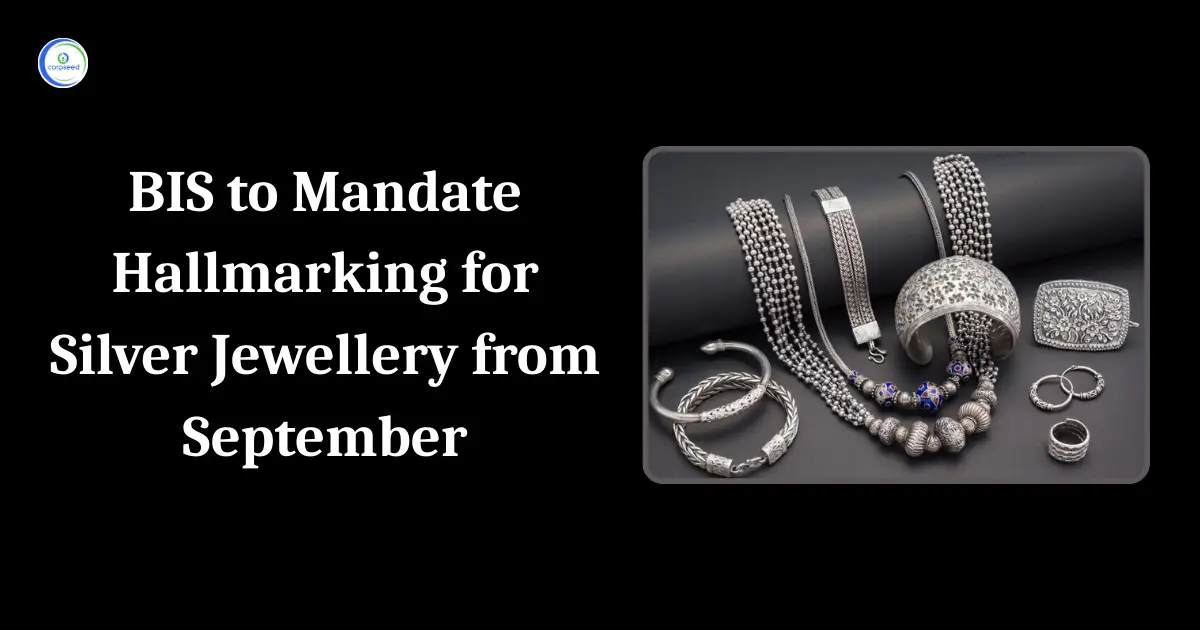IS 5168:2018 is a critical standard that governs the safety, quality, and design of glass feeding bottles in India. This certification is issued by the Bureau of Indian Standards (BIS) to ensure that these products meet stringent safety and durability requirements. BIS certification for glass feeding bottles offers parents assurance that the bottles they use for feeding their babies are free from harmful chemicals and are manufactured using high-quality materials. For manufacturers, obtaining IS 5168 certification enhances market credibility, boosts consumer confidence, and ensures legal compliance. This blog delves into the IS 5168:2018 certification, its benefits, and the mandatory BIS certification process for glass feeding bottles in India.
Table of Contents
--------------Blog Contact Form-------------
What is IS 5168:2018?
IS 5168:2018 is the Indian Standard specification for glass feeding bottles. Introduced by the Bureau of Indian Standards (BIS), this standard defines the essential parameters for the design, manufacturing, and safety of glass bottles used in infant feeding. The IS 5168 standard ensures that glass feeding bottles are non-toxic, durable, and safe for infants. It specifies requirements for material quality, thermal shock resistance, impact strength, volume accuracy, and chemical safety. The standard covers aspects like:
- The glass quality and type used
- Design specifications for safety and ease of use
- Resistance to impacts, breakage, and thermal shock
- No harmful leaching of chemicals from the material
- Safety of caps and nipples used in the bottles
Benefits of BIS Certification for Glass Feeding Bottles
Obtaining BIS certification for glass feeding bottles brings several significant advantages:
- Safety and Quality Assurance: The ISI mark for glass feeding bottles ensures safety, confirming the bottles are free from harmful chemicals.
- Builds Consumer Trust: IS 5168 certified glass bottles carry the ISI mark, giving consumers confidence in the product's safety and quality.
- Legal Compliance: Without BIS certification, glass feeding bottles can't be sold legally in India. Certification ensures manufacturers follow the law.
- Easier Market Access: Retailers prefer certified IS 5168 glass bottles for their assured safety, making it easier to get products into stores.
- Competitive Edge: Having BIS certification for feeding bottles helps manufacturers stand out and shows commitment to quality and safety.
Why Is BIS Certification Mandatory for Glass Feeding Bottles?
BIS certification for glass feeding bottles is mandatory in India to ensure safety, quality, and regulatory compliance. IS 5168:2018 guarantees that glass feeding bottles are made from safe, non-toxic materials, protecting infants from harmful chemicals. This certification ensures that IS 5168 glass bottles maintain consistent quality, offering parents confidence that the product is reliable and safe for use. Without BIS certification, there is a risk of unsafe, poorly made bottles entering the market, which could harm babies. The ISI mark for glass feeding bottles is a symbol of trust, showing that the product has passed rigorous testing. Additionally, BIS certification in India is a legal requirement, ensuring that manufacturers comply with national standards. By obtaining IS 5168 certification for feeding bottles, manufacturers protect consumer interests and build confidence in the market.
BIS Certification Process for Glass Feeding Bottles (IS 5168:2018)
To get IS 5168:2018 certification for glass feeding bottles, manufacturers must follow BIS’s Scheme I (ISI Mark Scheme). The process includes:
Step 1: Online Application
To begin the process for IS 5168:2018 certification, manufacturers must register on the BIS Manakonline Portal and submit an application with factory details, product specifications, and quality control procedures.
Step 2: Sample Testing
Manufacturers need to submit glass feeding bottle samples to an approved BIS lab for testing. The tests include impact strength, volume accuracy, thermal shock resistance, and chemical safety, ensuring compliance with IS 5168.
Step 3: Factory Inspection
BIS officers conduct a thorough factory inspection to verify production setup, equipment calibration, and adherence to safety standards in the manufacturing process.
Step 4: ISI License Grant
If the product meets the IS 5168:2018 standards, the manufacturer is granted an ISI mark and a BIS license (CM/L) to mark the bottles with the certified logo.
Step 5: Post-Certification Surveillance
Manufacturers must maintain production logs and undergo routine BIS audits to ensure continuous compliance with IS 5168 standards.
Conclusion
In conclusion, IS 5168:2018 certification for glass feeding bottles is essential for ensuring safety, quality, and legal compliance in India. By meeting BIS certification standards, manufacturers not only guarantee the safety of their products but also enhance consumer confidence and gain access to a larger market. The certification process, though rigorous, ensures that only the best products are available for parents, offering peace of mind when it comes to the safety of their children. For manufacturers, BIS certification for glass feeding bottles is a valuable investment that boosts credibility and provides a competitive edge in the marketplace.
This portion of the site is for informational purposes only. The content is not legal advice. The statements and opinions are the expression of author, not corpseed, and have not been evaluated by corpseed for accuracy, completeness, or changes in the law.
BOOK A FREE CONSULTATION
Get help from an experienced legal adviser. Schedule your consultation at a time that works for you and it's absolutely FREE.









